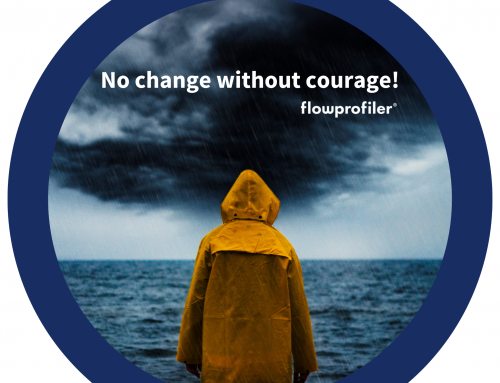In leadership, emotional intelligence stands out as a cornerstone, with emotional regulation as its central thread. Leaders who excel in regulating their emotions can navigate the complex interplay of interpersonal relationships and decision-making challenges more effectively. This blog explores the pivotal role of emotional regulation in leadership and its impact on organisational success.
The Basics of Emotional Regulation
Emotional regulation involves understanding, managing, and responding to one’s emotions in ways that are considered socially acceptable and beneficial to oneself and others. This skill allows individuals to experience emotions while also maintaining control over their reactions. Techniques include cognitive reappraisal, altering one’s emotional response by changing the interpretation of a situation, and expressive suppression, where one inhibits the outward signs of their emotions.
Emotional Regulation and Decision-Making
Decision-making is often fraught with emotional undercurrents that, if not properly managed, can cloud judgement and lead to poor outcomes. Leaders adept in emotional regulation can separate their personal feelings from critical decision-making processes, ensuring that their choices are based on facts and broader organisational goals. According to Gross (2002), effective emotional regulation enhances cognitive functions and interpersonal interactions, which are crucial for sound decision-making.
Impact on Team Dynamics and Morale
The ability of leaders to regulate their emotions directly influences team dynamics and morale. Leaders who manage their emotions constructively can foster a positive work environment, thereby enhancing team performance and satisfaction. Research by George (2000) illustrates that emotional intelligence in leaders correlates strongly with positive team outcomes, suggesting that emotional regulation is a key driver of team success.
morale. Leaders who manage their emotions constructively can foster a positive work environment, thereby enhancing team performance and satisfaction. Research by George (2000) illustrates that emotional intelligence in leaders correlates strongly with positive team outcomes, suggesting that emotional regulation is a key driver of team success.
Stress Management
In the high-pressure environments typical of leadership roles, stress management is essential. Effective emotional regulation helps leaders cope with stress without succumbing to burnout, setting a calm and resilient example for their team. Gross (1998) emphasises that skilled emotional regulation provides mechanisms to cope with stress, which is vital for maintaining overall health and job performance.
Developing Emotional Regulation Skills
Leaders can enhance their emotional regulation skills through various methods. Mindfulness training helps in recognising and accepting emotions without judgment. Engaging in reflective practices, such as journaling or meditation, can improve self-awareness and emotional control. Furthermore, soliciting regular feedback from peers can provide insights into one’s emotional responses and areas for improvement.
Mindfulness training helps in recognising and accepting emotions without judgment. Engaging in reflective practices, such as journaling or meditation, can improve self-awareness and emotional control. Furthermore, soliciting regular feedback from peers can provide insights into one’s emotional responses and areas for improvement.
Emotional regulation is more than just a leadership skill, it is a transformative process that can dictate the success of both the leader and their team. By understanding and implementing emotional regulation strategies, leaders not only improve their efficacy but also contribute to a more emotionally intelligent and resilient organisational culture.
flowprofiler® ‘s eqflow® helps leaders develop their self-awareness and self-regulation strategies for powerful outcomes. Reach out to us at hello@flowprofiler.com to find out how.
References
- Gross, J.J. (2002). “Emotion regulation: Affective, cognitive, and social consequences.” Psychophysiology, 39(3), 281-291.
- George, J.M. (2000). “Emotions and leadership: The role of emotional intelligence.” Human Relations, 53(8), 1027-1055.
- Gross, J.J. (1998). “The emerging field of emotion regulation: An integrative review.” Review of General Psychology, 2(3), 271-299.




